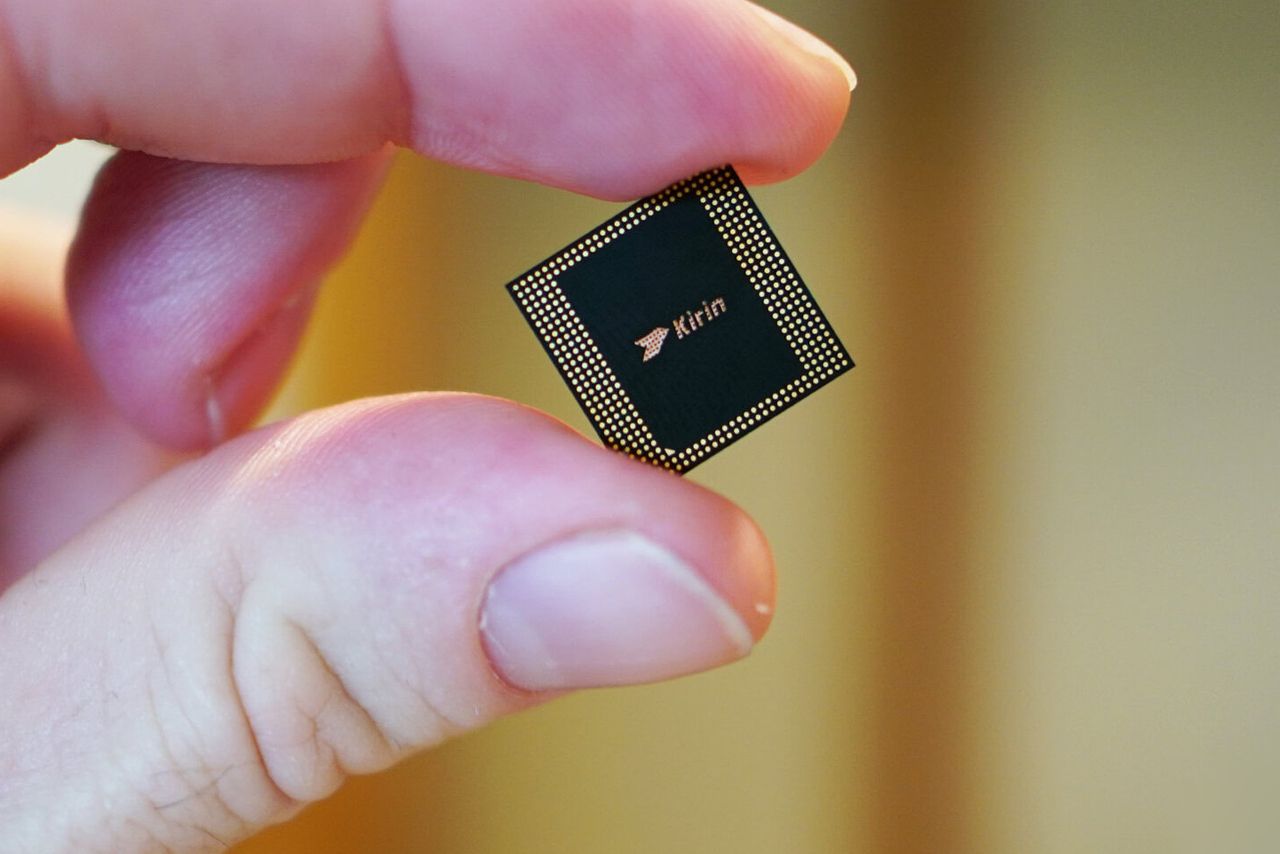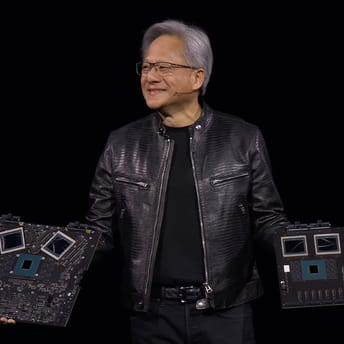Gaming Hardware Prices May Change in 2026 as TSMC Reportedly Plans to Raise Chip Costs Due to US Tariffs

|
|
Key points
- TSMC may hike prices by 5–10% for 5nm, 4nm, 3nm, and 2nm chip manufacturing in 2026.
- The report suggests older manufacturing technologies (6nm+) may see price drops due to changes in cutting-edge chip costs.
- The Nintendo Switch 2 is the only ninth-gen console with non-TSMC chips, using Nvidia-designed, Samsung 8nm chips.
TSMC may hike prices by 5–10% for 5nm, 4nm, 3nm, and 2nm chip manufacturing in 2026 to offset Trump’s tariffs, according to a report from the Taiwanese outlet Digitimes.
Additionally, the report indicates that prices for older manufacturing technologies, specifically 6nm and above, may be discounted following changes in the costs of cutting-edge chips.
TSMC (Taiwan Semiconductor Manufacturing Company) is the primary chip manufacturing partner for both AMD and Nvidia, leading companies in the production of gaming GPUs and CPUs, whose processors and graphics processing units power most gaming PCs.
Notably, both the PlayStation 5 (base version) and Xbox Series X|S use AMD-designed chips fabricated on TSMC’s 7nm process, which may see discounts in 2026, along with the PS5 Slim CPU built on 6nm, while the PS5 Pro uses a 4nm CPU, whose cost is expected to rise.
The only ninth-generation console that utilizes chips not from TSMC is the Nintendo Switch 2, which runs on chips designed by Nvidia and fabricated by Samsung using an 8nm process.
In August 2025, US President Donald Trump announced plans to impose tariffs of up to 100% on imported semiconductors from companies not manufacturing chips in the United States, with companies that invest in US-based manufacturing expected to be exempt from these tariffs. Notably, the exact rate and implementation timeline of the tariffs, as well as the required “protective” investment volume, remained unspecified at the time of writing.
This became a reason TSMC has been intensifying its push into the US, increasing its investment to $300 billion and expanding its Arizona facility with new production lines for advanced packaging and chip manufacturing. The company aims to scale down to 2nm in the coming years while also building an independent packaging supply chain in America.
Notably, recently the U.S. government revoked special export privileges for TSMC’s Nanjing facility, affecting its ability to import U.S. chipmaking equipment to China.












